Sekou Cooke, Black Reconstruction Collective
Karin Fendt, Kuehn Malvezzi
Moon Hoon, Moon_Bal_Sso
Marco Mazzotta, Heatherwick Studio
Erika Nakagawa, Erika Nakagawa Office
Edoardo Tibuzzi, AKT II
Lei Zheng, Zaha Hadid Architects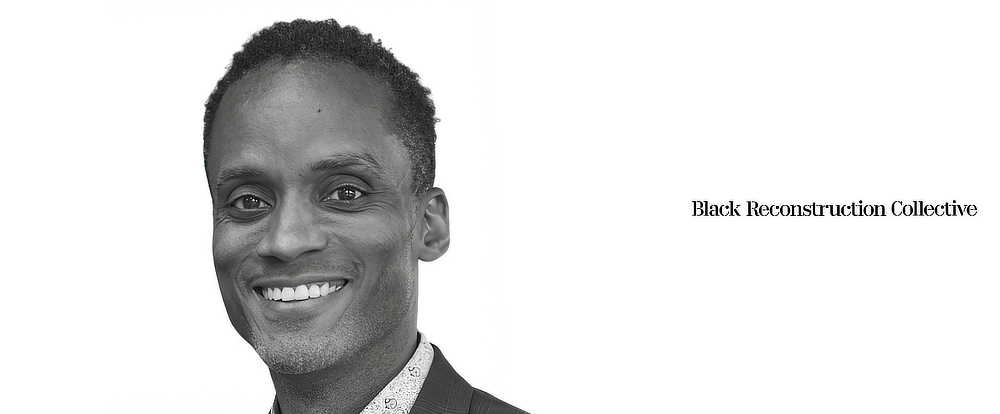
Sekou Cooke is an architect, urban designer, researcher, and curator. Born in Jamaica and based in Charlotte, North Carolina, he is former the Director of the Master of Urban Design program at UNC Charlotte, the 2021/2022 Nasir Jones HipHop Fellow at the Hutchins Center for African & African American Research at Harvard University, and a founding member of the Black Reconstruction Collective. Cooke’s research practice centers on the emergent field of Hip-Hop Architecture, a theoretical movement reflecting the core tenets of hip-hop culture with the power to create meaningful impact on the built environment and give voice to the marginalized and underrepresented within design practice. Sekou holds a B. Arch from Cornell University, an M. Arch from Harvard University, and is licensed to practice architecture in New York and North Carolina.
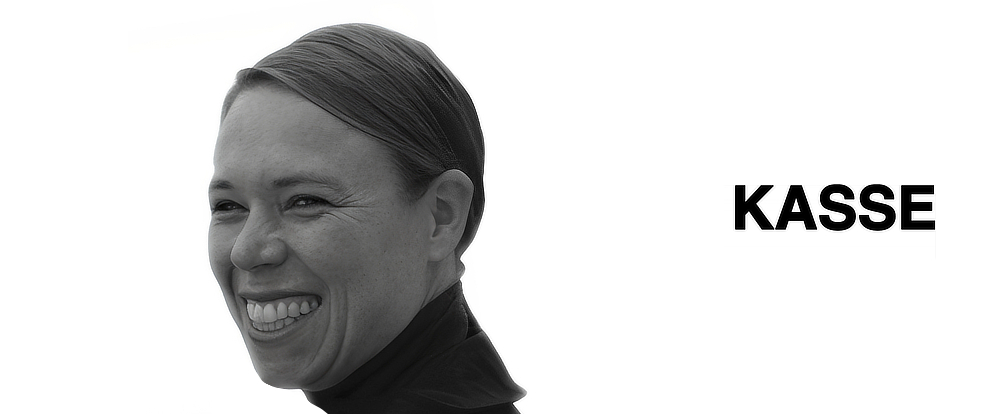
Karin Fendt is a Director at Kuehn Malvezzi, a Berlin-based practice she joined in 2002, just one year after its founding. A graduate of TU Dresden, she has played a key role in shaping the firm’s distinctive approach—one that responds with conceptual clarity to complex cultural and political contexts. Fendt’s work is grounded in a deep interest in the pre-existing, not as something to be preserved in static form, but as a living condition to be reinterpreted and adapted to contemporary realities. This philosophy is evident in her contributions to projects such as the intervention at the Berlinische Galerie, the renovation of the Belvedere Museum in Vienna, the extension of the Saarland Museum, and the administrative building in Oberhausen. She was also involved in Kuehn Malvezzi’s celebrated proposal for the Humboldt Forum competition in Berlin, which was awarded a special prize. Through her longstanding commitment to the practice, Fendt has helped develop Kuehn Malvezzi’s reputation for intellectually rigorous, culturally responsive architecture across exhibitions, museums, and public institutions. 
Moon Hoon is a Seoul-based architect and founder of the experimental architecture studio Moon_Bal_Sso, which he has led since 2001. Born in 1968 in Sang-dong, Gangwon-do, South Korea, and raised partly in Tasmania, Australia, Moon studied architecture in Korea and later at the Massachusetts Institute of Technology (MIT) in the United States. His work is known for challenging conventional boundaries, fusing architecture with disciplines such as drawing, film, and performance in bold, often whimsical ways. His major built works include Rock It Suda, Two Moon, S_Mahal, Wind House, and the Sangsang Museum, which received the Korean Institute of Architects (KIA) Prize in 2005. In 2018, he won first prize in the design competition for the Korea Pavilion at the Dubai Expo, in collaboration with architect Mooyuki. Moon’s architectural doodles have been acquired by MoMA in New York, the Tchoban Foundation in Berlin, and Korea’s National Museum of Modern and Contemporary Art. He also produces short films to further explore architecture’s expressive and existential potential. 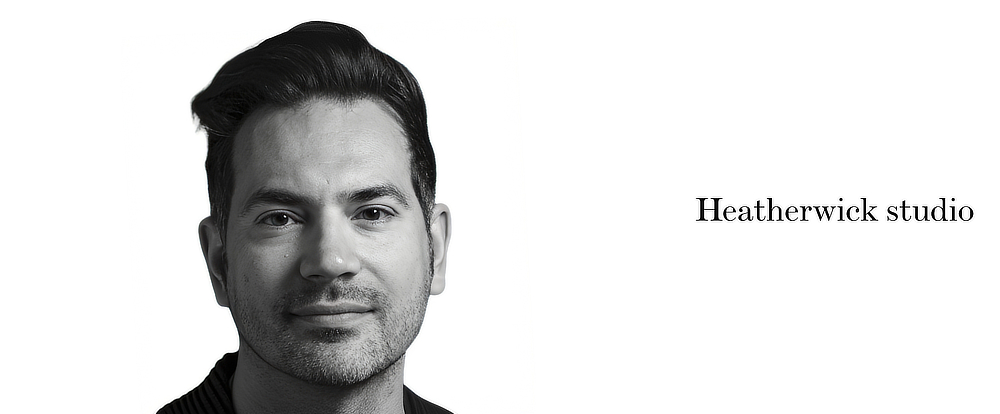
Marco Mazzotta is a Senior Associate and Project Leader at Heatherwick Studio in London, where he has played a key role in the design and delivery of large-scale, high-profile projects across the UK, USA, Asia, and the Middle East since joining the firm in 2014. His recent leadership includes the Institute of Making in Saudi Arabia—a major cultural center in a repurposed desalination plant—and the West Bund convention and exhibition complex in Shanghai. In London, he has been instrumental in the redevelopment of London Olympia and Google’s new headquarters at King’s Cross, both currently under construction. He has also led transformation projects at David Geffen Hall in New York, Downtown LA, and a mixed-use site at Manchester Arena. Prior to his time at Heatherwick Studio, Mazzotta’s urban design work in Italy earned accolades such as the IQU award for Sport Spots in Brindisi and a second prize in the Piazza Mazzini competition in Lecce. His projects have been featured in the 2006 and 2008 Venice Architecture Biennales, and he has taught as a teaching assistant at the University of Chieti-Pescara. He holds dual Master’s degrees in Architecture from the University of Chieti-Pescara and in Collective Housing from ETSAM at the Technical University of Madrid. Mazzotta is a registered architect in both the UK and Italy.
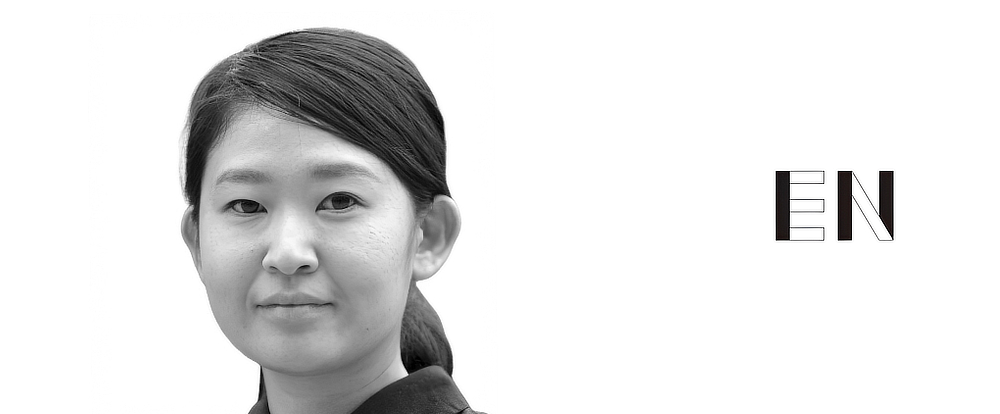
Erika Nakagawa is a Tokyo-based architect and the founder of Erika Nakagawa Office, established in 2014. Known for her intimate, context-sensitive residential work, she engages architecture as a joyful, everyday practice rooted in spatial clarity and human scale. Born in Tokyo in 1983, she graduated from Yokohama National University in 2005 with a degree in Architecture and Building Science, and completed her master’s studies at Tokyo University of the Arts in 2007 under the guidance of Kijo Rokkaku. Nakagawa began her career at ondesign partners, where she co-designed the acclaimed Yokohama Apartment (2009) with Osamu Nishida. Her independent practice has since produced notable projects such as Momoyama House (2016) and Yagoto House (2023), reflecting her evolving exploration of domestic space. In 2021, she held a solo exhibition titled JOY in Architecture at TOTO Gallery MA, and in 2020 published Erika Nakagawa: Architectural Studies 2007–2020, documenting over a decade of work. She was a design assistant at Y-GSA from 2014 to 2016 and, since 2023, serves as a full-time lecturer at Keio University’s Shonan Fujisawa Campus (SFC). 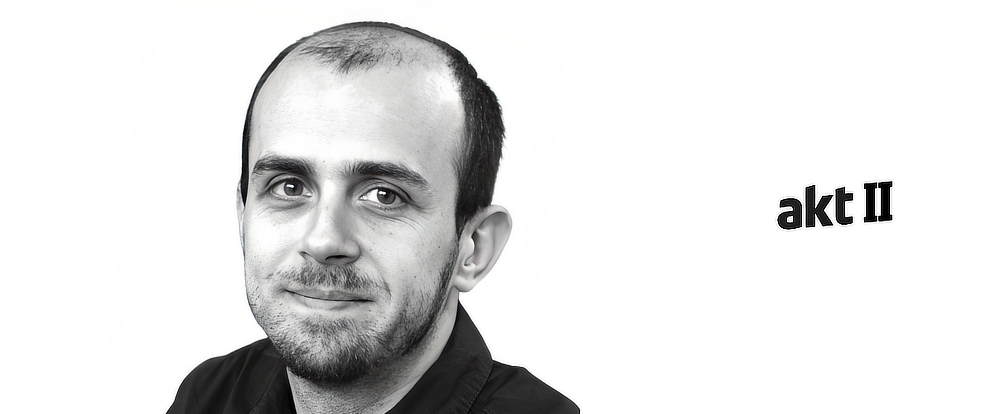
Edoardo Tibuzzi is Design Director at AKT II in London, where he leads the integration of computational design and sustainability strategies across a diverse range of projects. With over two decades of experience, his work spans adaptive reuse, historical preservation, and innovative structural systems. Beginning his career in Rome with a focus on historical architecture, he has since become a pioneer in performance-driven design, developing tools like the AKT II Carbon Platform to embed low-carbon thinking into early design phases. Among his notable projects is the South Bank Tower in London, where his advanced CFD wind analysis enabled an 11-storey vertical extension. In New York City, he contributed to the design of the Vessel at Hudson Yards—a sculptural, award-winning installation that blends structural complexity with experiential design. Tibuzzi also developed a sustainable brick prototype made from Venetian waste silt, featured at the Venice Architecture Biennale and the Design Museum in London. In parallel with his practice, he lectures internationally at institutions such as Harvard GSD, the University of Cambridge, and UCL Bartlett, sharing his expertise in sustainable architecture and computational methodologies.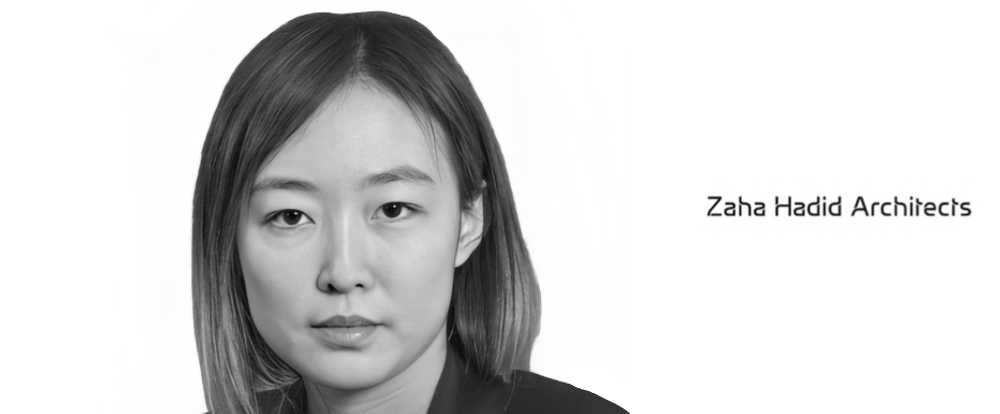
Lei Zheng is an associate at Zaha Hadid Architects. She has extensive experience in engineering and architecture projects in China, participating as a consulting engineer on a number of international competitions. Lei’s research has focused on the capability of new digital technologies to investigate the relationship between architecture and engineering in buildings in urban scenarios. Lei is a course lecturer at the Architectural Association, where she teaching technical studies, as well as a visiting lecturer at the Bartlett, where she teaches computational design,. She has an engineering degree from the University of Texas at Austin and a Masters of Science in Emergent Technologies and design from the Architectural Association.
Top 3 Reasons Why You Should Enter Architecture Competitions
Curious about the value of architecture competitions? Discover the transformative power they can have on your career - from igniting creativity and turning designs into reality, to gaining international recognition.
Learn more


























